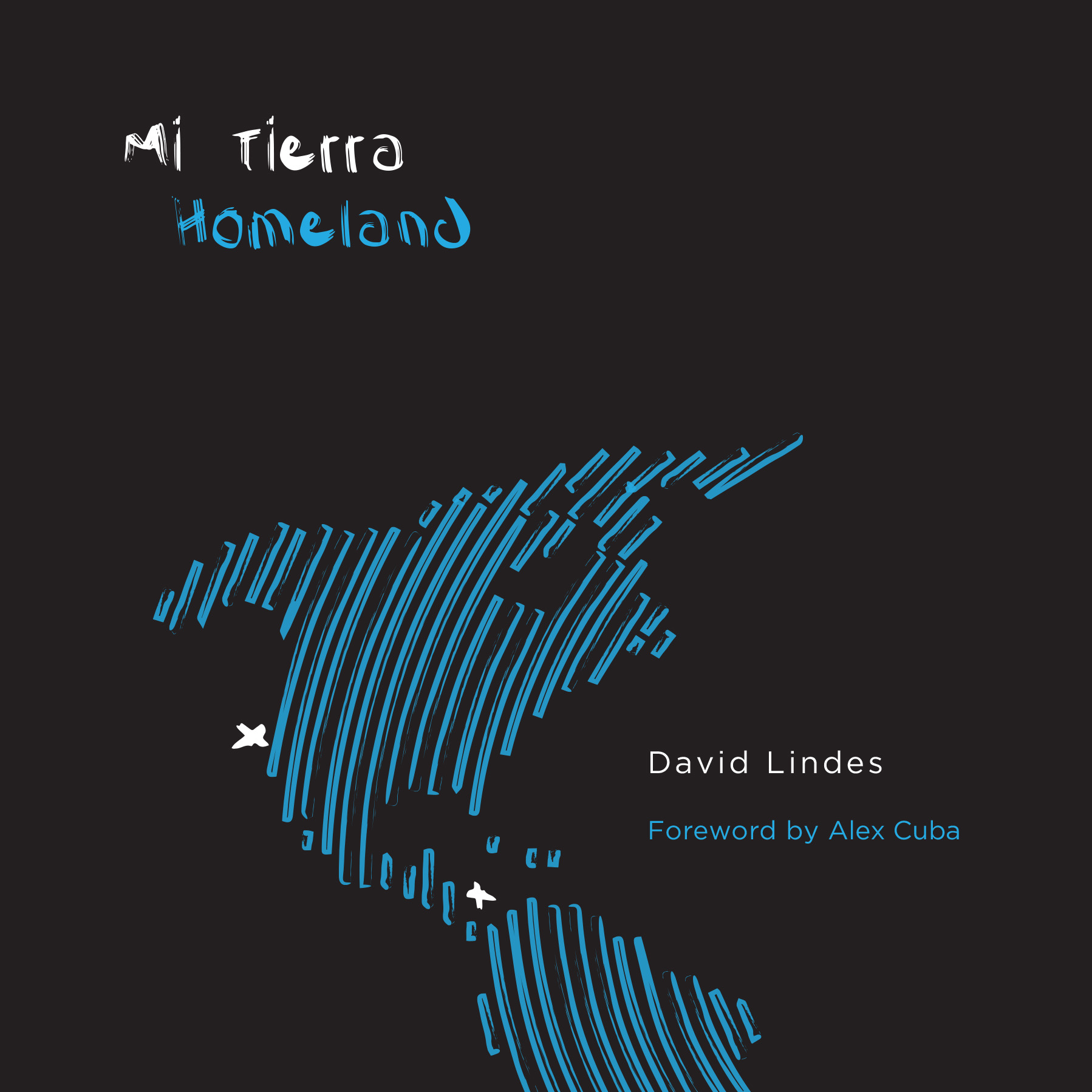2018
Mi tierra - Homeland
Mi tierra—Homeland is an intimate look at singer-songwriter and author David Lindes’ journey to the US from Guatemala at 9 years of age. In eight chapters, each accompanied by an original song and included in both Spanish and English, the author addresses themes of migration, identity, justice, and belonging. At times poignant and at times defiant, it’s a vivid take on the Latino immigrant experience in today’s America.
The book has been released to the academic community, for use in University Spanish, Latin American Studies, and Human Development courses in digital format.
Course adoption information available at www.mitierrahomeland.com.
Written for PRI's The World
With papers, my brother-in-law could be worth more than a dollar a day to the world
Outside, the heat was finally tired of beating on the suburbs. Sore and spent, it let the evening go. My brother-in-law and I were seated at the dinner table in a tiny vacation rental, going at a plate of grocery store fried chicken and a two-liter bottle of Country Time lemonade. It had been a quiet couple of days in El Paso, Texas, waiting to cross into Ciudad Juárez the next morning for his visa interview.
“Mano, esta es tu última cena de mojado,” I said. Bro, this is your last meal as a wetback.
Antonio Ramirez let out a hearty laugh, his eyes twinkling.
“Yeah, man! Maybe it’s my last dinner here ever!”
We both laughed harder than we meant to. Antonio to tamp down his mounting anxiety, and me to pretend there wasn’t any truth to what he’d said.
Read the entire essay at PRI's The World.
Written for PRI's The World
2,800 miles and 26 years later, a new dad looks for his own father in Guatemala
I remember rifling nervously through the photographs. Click, click, click. The life-long membrane of fear that had always kept me from finding my father was about to be broken, and I was terrified, thrilled and obsessed. I had skipped a meal. I hadn’t washed the dishes.
When I first saw his picture on Facebook, it sent a coded message straight to my body, bypassing my brain altogether. My head had no reason to believe it was him. I had never seen him except in a blurry, tattered photo from the ‘70s, where he was only recognizable as a tall, slim shadow. But my arms, my chest, my large intestine — they all knew, instinctively, reflexively, and without need of further evidence, that they were looking at a previous iteration of themselves. That, they said to me, is your father.


